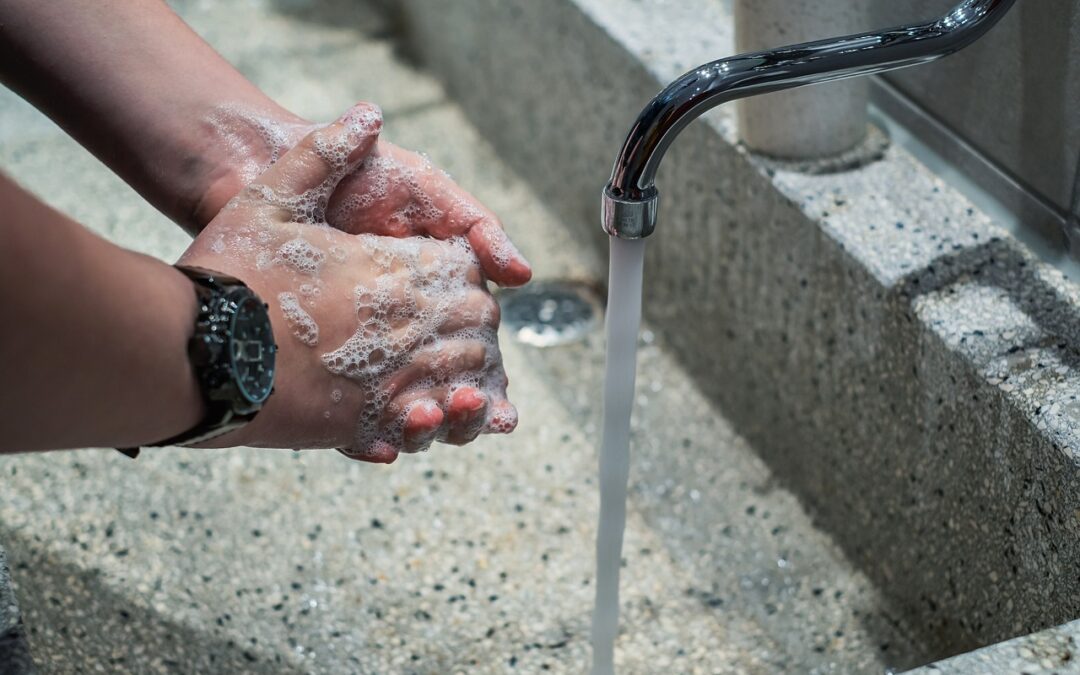If you have a commercial business that involves food, cleaning is paramount for avoiding cross contamination and keeping your guests safe. After all, you’re responsible for the safety of everyone who consumes food in your establishment. But there are more ways to cross-contaminate foods (and avoid cross contamination) than you might think.
For starters, here are five tips for avoiding cross contamination.
1. Store and Label Ingredients Appropriately
First and foremost, make sure there is a proper cleaning system in place—preferably one that is color-coded. Assign specific colors or labels to different areas, ingredients or types of cleaning tools (e.g., cloths, mops, buckets). By specifying certain colors for different areas or equipment zones, it’s easier to manage the spread of germs and cross contamination. Whether you hire a commercial cleaner or do it yourself, this is a best practice we should all follow.
2. Train About the Principles of Food Safety
Food-related industries often have high turnover, which means an effective and thorough training program is paramount. Otherwise, you are going to lose the valuable information and processes needed to maintain a safe food environment and avoid cross contamination in your building, whether it’s a restaurant, manufacturing facility or another type of facility that involves the handling of food.
3. Use High-Quality Cleaning Products
Not all cleaning products are the same, and this is especially true when it comes to commercial versus residential cleanings. Look for products (or partner with a company who uses) that are high quality, approved by the EPA and tested to be effective against a wide range of pathogens. Ensuring these products are not only stocked properly, but used safely as well, is crucial for keeping food pathogens and germs under control and maintaining a food-safe environment.
4. Establish Clear Cleaning Protocols
Make sure you have guidelines and make sure those guidelines are documented. Again, due to high turnover, there’s a chance the employee doesn’t have much experience or training under their belt yet. Or, someone could be substituting in an area or on a day when they don’t usually work. Emphasize the importance of following your protocols and pay special attention to zones that are the highest risk for cross contamination. There should also be regular, consistent routines for all three types of commercial cleaning services: light, regular and deep clean.
5. Consider Working With a Pro
Finally, a professional commercial building cleaning company can help you manage cross contamination in a variety of ways. For one, they can inspect your facility and provide feedback and advice about potential food safety issues. Also, they can perform regular inspections and maintenance routines to prevent issues and minimize risks. Whether you use them on a consulting, cleaning or one-time basis, these companies can be a big help.
If you’re ready to ensure your commercial building is free from major cross-contamination risks, contact Fernic Building Solutions today and we’ll discuss how we can help.

